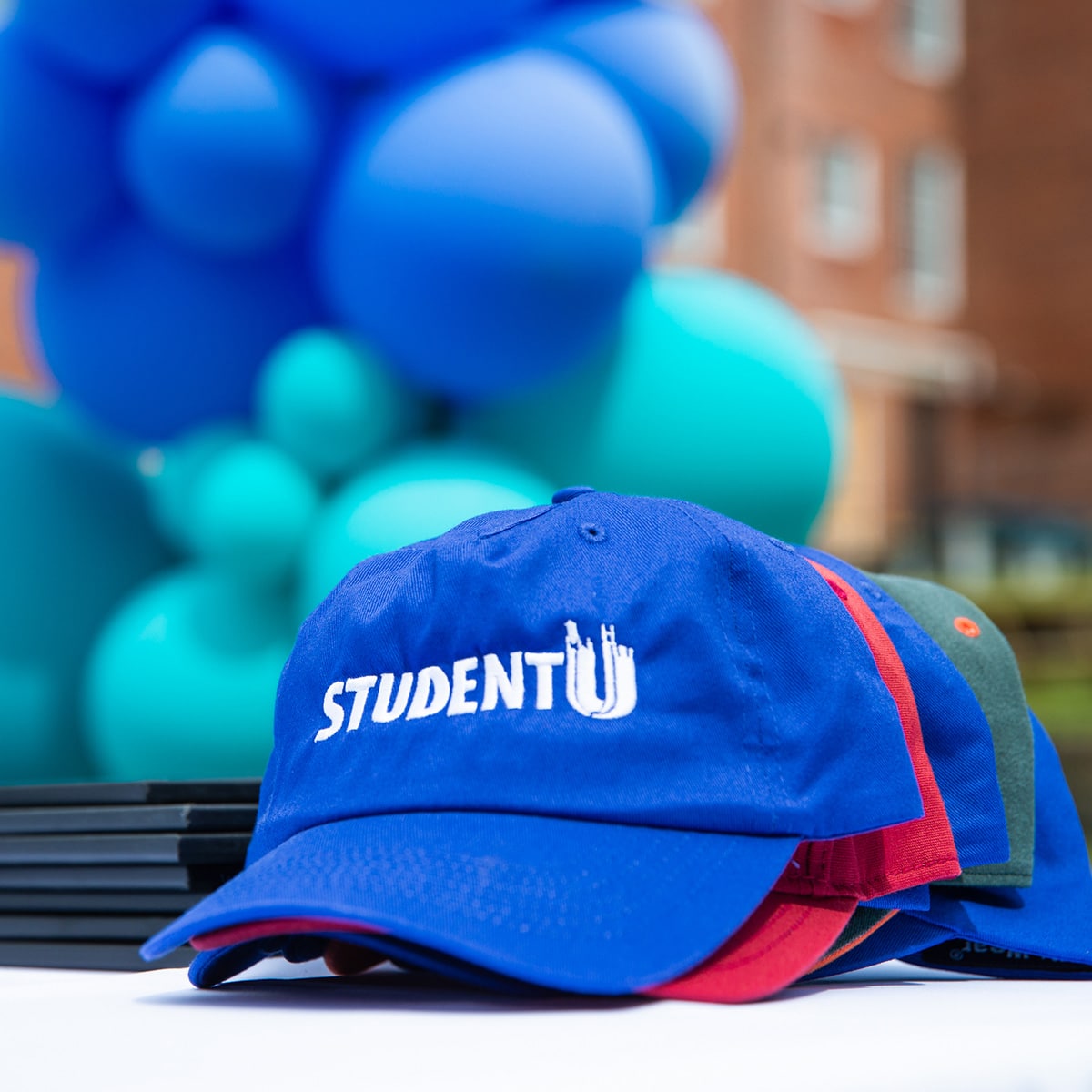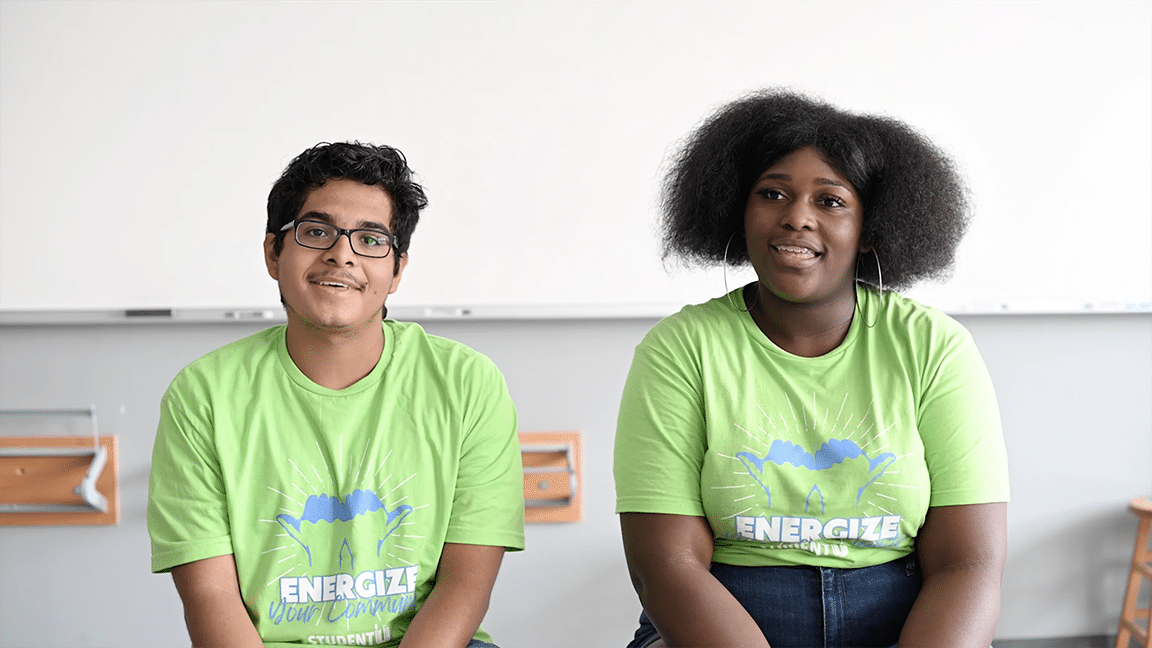Food for Thought: Nelson Mandela by Dan Kimberg
“It’s always seems impossible until it is done”
Nelson Mandela
There are many who are far more eloquent and far more connected to the life of Nelson Mandela who have written beautiful reflections on this legendary leader. His resiliency is well chronicled. His ability to forgive is celebrated. His pursuit of equity and justice is lauded. Unfortunately, in many accounts of Mandela, we read of a legend among men, of a mythological figure, void of human characteristics. I fear that as years go on, Mandela will go from role model to unobtainable, from teacher to idol, his story from remarkable reality, to fantasy, or fable, or even unimaginable fiction. Like King and Kennedy we often dehumanize those we wish to honor, and in doing so, turn people into spirits, gracing the nighttime stars, rather than guiding our action on Earth. These spirits end up so high in the sky their lessons are diluted, their reality forgotten, and rather than being the people we are empowered to become, they represent an ideal so impossible to obtain we are disempowered and don’t even try.
Nelson Mandela was a human being filled with flaws. In his words, “I am not a saint, unless you think of a saint as a sinner who keeps on trying.” What I desperately hope does not get lost as we eulogize Mandela, is that it was his acknowledgment of his weaknesses that made him so powerful. It was his humility which made him so inspirational. It was his knowledge of being ordinary which made him so extraordinary. We cannot teach our children to become legends. We cannot strive to become idols. We cannot expect mythical perfection. However, we can challenge our students to acknowledge their weaknesses. We can aim to be humble. We can be like Nelson Mandela.
We can believe that good always overcomes evil, keeping our head pointed toward the sun, our feet moving forward never giving ourselves up to despair. We can live our life in a way that respects and enhances the freedom of others. We can remind ourselves that no one is born hating another person and if people learn to hate, they can be taught to love. We can acknowledge that even when we reach the mountaintop, after climbing a great hill, one only finds there are many more hills to climb. As we stumble, we can remember that the greatest glory in living lies not in never falling, but in rising every time we fall. We can shine our own light, unconsciously giving other people permission to do the same. And of course we can stay focused on our mission, for we know that education is the most powerful weapon which you can use to change the world.
We can make crazy dreams come true, knowing it always seems impossible, until it is done.
We can be like Nelson Mandela. Don’t let anyone tell you otherwise. You can be just as flawed, just as imperfect, just as human, just as ordinary, and in simply being you, you can accomplish something just as extraordinary.
If you believe me, you can skip this next section of the Digest. If you need an example, keep reading. I first met Malwande Taliwe when he was a 7th grader at Ukhanyo Primary School and I was a sophomore in college spending two and a half months in South Africa. I wrote this shorty after I returned to North Carolina:
Malwande Taliwe takes his first step out of the cardboard and aluminum shack he and his mother have called home for all fourteen years of his life. He breathes in the air filled with the dust of children hurrying to school and the stale odors of bodily functions performed without the luxury of indoor plumbing. He wears a yellow collared shirt, black slacks, and black shoes, the official uniform of Ukhanyo Primary School, as well as his brown sweater to protect him from the bite of the cold wind as he walks to school.
From day one, I learn that Malwande is special. I ask a small, short-haired girl in the front of the room to take me on a tour of the school. She shakes her head and points to Malwande, who takes his cue, and leads me out the door. On our walk through the trailers which house first through seventh grade classes, Malwande explains that most students do not want to be seen walking around with a “whitey.” I ask why he feels comfortable showing me around. He just smiles as a group of younger students pass by, eyes fixed on the white figure who has entered their world.
For the next six weeks as I struggle to find a way to teach division of fractions to my three classes of seventh graders, Malwande takes me on daily walks through the school. He teaches me about the hard life of a fourteen-year-old black South African living in the post-apartheid era. He teaches me about Masiphumelele, the township in which he has lived his whole life, and the cycle of hopelessness that keeps him there. Children wake up cold and hungry; some go to school, although there is no penalty if they do not attend. There are no free schools, and the education they must pay for is mediocre, at best. Those who make it through high school graduate without the skills they need to improve their lives or to break away from the poverty that grips their community.
After school, students go home to their shacks. Most have no fathers. The fortunate mothers who spend a long day waiting on white people have not yet returned home from work. The unfortunate mothers, who are unemployed, have spent the day attempting to figure out how to put food on the table. Most of my female students will become the unemployed mothers. Most of my male students will become unemployed men who drift from partner to partner, never knowing the children they father.
Malwande asks me questions about black people in America . “Do all Black people live together in America, too?” “Do you know any Black people?” We begin to have daily conversations about race relations in our two countries. One day he teaches me about Nelson Mandela; the next I tell him about Martin Luther King Jr. During our walks, Malwande frequently grows angry. He is not satisfied with the progress that has been made in our respective countries for people of color. He is confused, unsure of why he sees the world so differently than so many others. Malwande shared this dream with me:
“I dream myself of a hero, a hero that gives justice. I’m dreaming people of South Africa calling my name then I tell myself that they would one day be doing it for real. I’m still young but I have the mind of success. My dream is of living equal life in South Africa. It doesn’t matter if Black or White or what color it is, but just to live equal. I wake up asking myself am I or am I not going to make the future I dream, but one thing I know I will go and be a hero. I take a vision which makes me see people of South Africa dance together black or white, happy to be brothers and sisters because I am.”
During my time at Ukhanyo, I begin to see why Malwande was able to give me a tour on that first day and why the other students look to him as their representative. Malwande has the vision to become a leader beyond the school-yard, perhaps even the vision to break the cycle of hopelessness that engulfs his township. His classmates recognize that he embodies the dreams and hopes that many have buried deep within themselves.
I was so overwhelmed by the relentless poverty I saw on a daily basis in Masiphumelele. The living conditions are appalling; the schools are inadequate. But I was also overwhelmed by the spirit of life I saw in Malwande. In the midst of despair, he hopes to perpetuate the goodness that he believes exists somewhere in the world. He sees beyond the hate and poverty and discrimination, to the beauty and love and color most of us fail to recognize. Malwande Taliwe can open eyes. He can be the light. He can lead his neighbors to hope by exemplifying the words of Nelson Mandela: “We are meant to shine as children do. We are born to make manifest the glory of God that is within us. It’s not just in some of us; it’s in everyone. And as we let our own light shine, we unconsciously give other people permission to do the same. As we’re liberated from our own fear, our presence automatically liberates others.”
9 years later, Malwande is preparing to graduate from college in Capetown, South Africa, beating statistics and overcoming obstacles I cannot fathom. Malwande grew up in a town where far more people have HIV than graduate from high school. This month he will graduate from college. And then, who knows? My guess is that Malwande will dedicate his life to continuing on the path of his hero, proving to me, beyond any doubt, that he and we can be just like Nelson Mandela.
Thank you to Ms. Bettina, Ms. Alex, and Ms. Lauren who contributed significantly to this “food for thought.”









